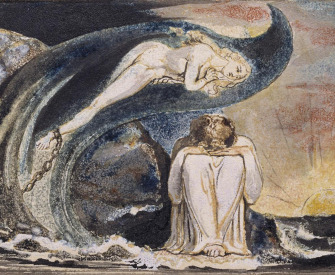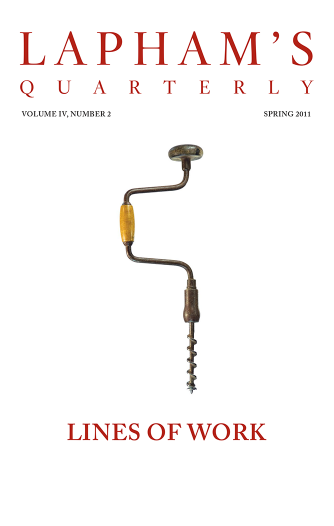The fact of my having been the common prisoner of a common jail I must frankly accept, and curious as it may seem, one of the things I shall have to teach myself is not to be ashamed of it.
Of course I know that from one point of view, things will be made different for me than for others—must indeed, by the very nature of the case, be made so. The poor thieves and outcasts who are imprisoned here with me are in many respects more fortunate than I am. The little way in gray city or green field that saw their sin is small—to find those who know nothing of what they have done they need go no farther than a bird might fly between the twilight at dawn and dawn itself—but for me the world is shriveled to a handsbreadth, and everywhere I turn my name is written on the rocks in lead. For I have come, not from obscurity into the momentary notoriety of crime, but from a sort of eternity of fame to a sort of eternity of infamy, and sometimes seem to myself to have shown, if indeed it required showing, that between the famous and the infamous there is but one step, if as much as one.
Still, in the very fact that people will recognize me wherever I go, and know all about my life, as far as its follies go, I can discern something good for me. It will force on me the necessity of again asserting myself as an artist, and as soon as I possibly can. If I can produce only one beautiful work of art I shall be able to rob malice of its venom and cowardice of its sneer, and to pluck out the tongue of scorn by the roots.
From De Profundis. After critics attacked The Picture of Dorian Gray for its perceived immorality, Wilde wrote a preface to the novel, stating, “There is no such thing as a moral or immoral book. Books are well written, or badly written. That is all.” In 1895 he was arrested for “gross indecency,” a charge implying homosexuality, and he was sentenced to two years’ hard labor at Reading Jail, where he began this work. He died in 1900 at the age of forty-six.
Back to Issue



